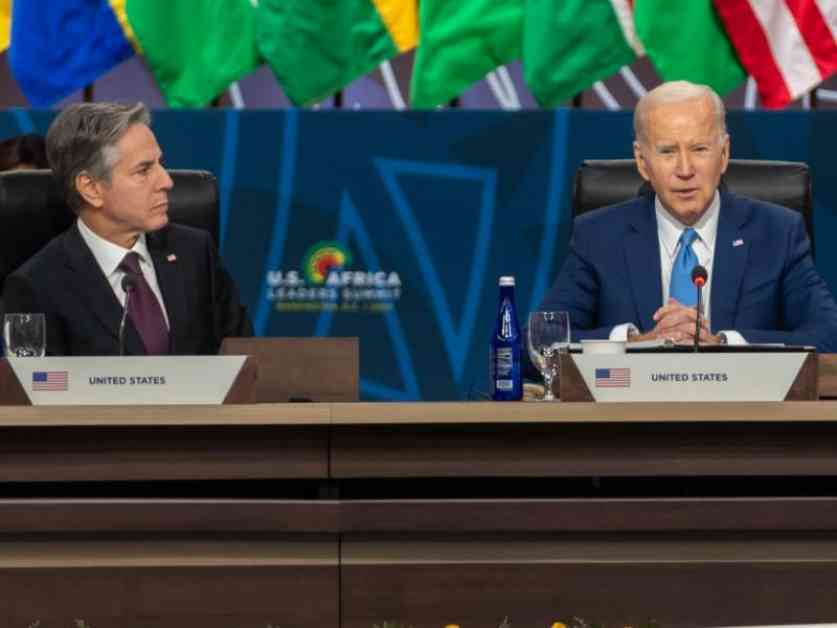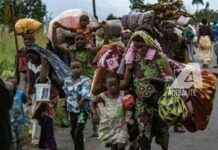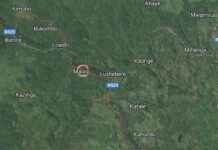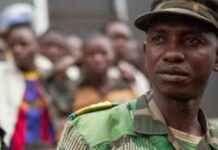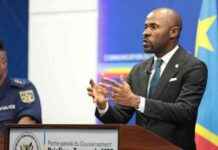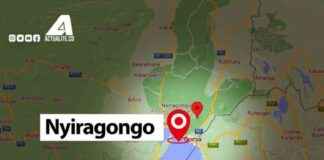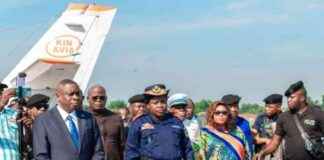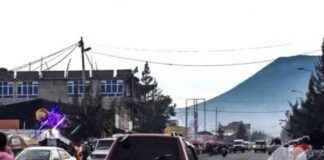Washington Condemns Rwandan Soldiers in DRC
In a recent development that has sparked international concern, the United States has expressed deep worry over the presence of thousands of Rwandan soldiers in the Democratic Republic of Congo (DRC). This condemnation comes following the release of a mid-December 2024 report by the United Nations Group of Experts on the eastern DRC.
According to a statement released on Tuesday, this report aligns with the conclusions drawn by the United States and points out the roots of the conflict in the region. Washington has vehemently criticized the “illegal” presence of Rwandan troops in the DRC, as well as Kigali’s support for the sanctioned armed group M23.
Concerns Over Military Equipment and Interference
The US authorities have also raised alarms about Rwanda’s use of surface-to-air missile systems, GPS-guided mortars, and anti-tank missiles. These military capabilities pose a significant threat to the stability of the region and have raised further concerns about the safety of humanitarian and UN personnel operating in the North Kivu province.
The statement issued by Washington calls on Rwanda and the M23 group to immediately halt their activities that disrupt and falsify GPS signals, which have been hindering the aerial operations of MONUSCO and UN humanitarian flights. These actions not only jeopardize the safety of humanitarian workers and UN personnel but also impede crucial aid delivery to affected civilians in the region.
Rwandan Response and Critique
In response to these accusations, Olivier Nduhungirehe, the Rwandan Minister of Foreign Affairs and International Cooperation, has refuted the claims made by the United States. He criticized the narrative of equating the threats posed by M23 and FDLR, stating that such comparisons are inappropriate and offensive.
The minister highlighted the inaction of the United States in previous instances of violence, citing a specific incident in October 2023 where hundreds of homes belonging to Congolese Tutsis were burned down by FDLR, Wazalendo, and Nyatura militias in the presence of FARDC and Burundian forces. Despite this, there was no public statement or response from American authorities at that time.
Call for International Focus on Root Causes
Nduhungirehe concluded by urging the United States and the international community to shift their attention towards addressing the underlying causes of the crisis in eastern DRC. He emphasized the importance of understanding the complex dynamics at play in the region rather than resorting to recycled and inadequate responses.
This escalating tension between Washington and Kigali underscores the delicate balance of power and interests in the African Great Lakes region, with implications for regional stability and humanitarian efforts. As both sides stand firm in their positions, the path towards resolution remains unclear, leaving the fate of civilians caught in the crossfire hanging in the balance.
